This article was originally published at Healthline and appears here with permission.
- Medicare won’t pay for medical marijuana.
- There are multiple cannabinoid-based medications approved by the Food and Drug Administration (FDA) that your Medicare drug plan may cover, but each plan’s coverage is different.
- Medical marijuana is an area of legal limbo. Differing laws at the federal and state levels make legal issues unclear.
More states are legalizing medical marijuana with each passing year. That may make you wonder whether Medicare will cover the cost of medical marijuana in your state.
Federally, cannabis (another name for marijuana) remains a controlled substance. It’s illegal to possess or use the drug under federal law. However, individual states have passed laws allowing distribution and sale within their state boundaries.
Medicare won’t cover medical marijuana because it’s considered a Schedule I controlled substance. In fact, doctors can’t even legally prescribe it.
Medical marijuana is usually suggested to treat symptoms like pain, nausea, and seizures.
If you’ve received a doctor’s recommendation and your state has legalized medical marijuana, read on to learn what you need to know about coverage for medical marijuana, how and why it’s used, and more.
Why doesn’t Medicare cover medical marijuana?
Medicare doesn’t cover drugs that are illegal according to the federal government. This includes cannabis.
The Food and Drug Administration (FDA) hasn’t cleared cannabis as a safe and effective treatment for any medical use. That’s true even if you live in a state where it’s medically legal. This is another reason Medicare won’t cover medical marijuana.
What about Medicare prescription drug plans?
Medicare Part C, or Medicare Advantage, is health insurance offered by private insurance companies that provides additional coverage beyond original Medicare (parts A and B).
Extra coverage may include:
- dental care
- vision care
- some prescription drugs
Medicare Part D is medical insurance that’s also offered through private companies and covers prescription drugs. It doesn’t, however, cover medical marijuana.
Parts C and D could cover the cost of cannabinoid medications that have been approved by the FDA and are available without restriction. This is where some flexibility exists.
Cannabinoid medications, like dronabinol (Marinol, Syndros) and Epidiolex, may be covered by Medicare drug plans because they’re approved by the FDA.
If you’re unsure what your plan covers, contact your Medicare prescription drug plan directly. They can help you understand whether you have coverage for any cannabinoid medication and how to fill a prescription.
What is medical marijuana used to treat?
Medical marijuana, or medical cannabis, has been recommended to ease symptoms like:
- nausea
- loss of appetite
- inflammation
- anxiety
- pain
- epileptic seizures
- muscle stiffness
Medical marijuana is often suggested to treat the symptoms of AIDS or cancer.
Research has shown it can boost appetite and reduce nausea, according to the National Institute on Drug Abuse.
If you have multiple sclerosis (MS), medical marijuana may help ease pain and reduce muscle stiffness, according to a 2017 journal article.
Cannabinoid-based medications
Dronabinol can be used to ease nausea and vomiting from cancer treatments and increase appetite in people with AIDS.
Epidiolex can help prevent seizures and is used as a treatment for epilepsy. The FDA has approved both of these medications for these uses.
The federal government considers cannabis illegal and holds strict control over it and any cannabinoid-based products. That means research on the possible benefits or even the side effects of marijuana use is limited.
Without data from clinical research, the FDA won’t be able to update its position on the safety or effectiveness of its medical uses.
State medical marijuana laws
In 2021, 36 states and Washington, D.C., have approved the sale and use of medical marijuana. Some of those states have also approved cannabis products for recreational use.
In states where only medical marijuana is legal, you’re required to get a medical marijuana card.
The rules and steps for getting a medical marijuana card may vary from state to state, but here are the basics:
- Make an appointment with your primary healthcare provider. Your doctor will likely give you a full physical exam and review your medical history. If your doctor thinks medical marijuana might help, they may approve you for a medical marijuana card.
- Renew your marijuana card annually. This may require follow-up visits. Ask your doctor if there are any other additional steps you’ll need to take. Most marijuana cards are registered with the state government.
- Your doctor can’t prescribe cannabis products directly. Federal law prevents doctors from prescribing substances that are illegal. Cannabis remains illegal under federal law. Instead, your doctor may suggest you use it.
Even though all types of cannabis are illegal at the federal level, the federal government hasn’t taken steps to prosecute those who use it within a state with legal cannabis trade.
However, it’s still possible to face prosecution under federal law under certain circumstances.
What’s the difference between medical marijuana and CBD?
Cannabis contains several dozen active chemicals. The two most well known are cannabidiol (CBD) and delta-9-tetrahydrocannabinol, also known as THC.
CBD’s potential benefits include:
- improved relaxation
- pain reduction
- lowered anxiety
THC is the chemical responsible for the psychoactive effects of cannabis.
In recent years, CBD has been isolated from THC and is sold even in states that don’t allow medical marijuana. In states where medical marijuana is legal, both CBD and THC products are available for a variety of health issues.
Like medical marijuana, individual states have their own legislation regarding legal levels of CBD. Check your state’s legislation for specific information, and be mindful of other state laws when traveling with CBD.
HOW MEDICAL MARIJUANA MAY AFFECT THE OPIOID CRISIS
Limited research suggests the use of cannabis is reducing the use of opioids and pain medications with high addiction potential. Because cannabis may help relieve some of the same symptoms as opioids, doctors may not prescribe pain medications if cannabis is an option.
How do I use medical marijuana?
With better processing equipment, medical marijuana producers and distributors have created a variety of marijuana-infused products. The most common forms of consumption include:
- smoking
- vaping
- eating (in foods or drinks made with marijuana)
- spraying under the tongue
- tinctures
- topical applications, like oils and creams
Talk with your doctor if you’re not familiar with how to use medical marijuana or aren’t sure which method of consumption might work best for your condition. They can help connect you with resources for understanding proper usage.
How much does medical marijuana cost?
Medical marijuana cards aren’t free. Cards generally cost from about $50 to $200 when you first apply for a card. There may also be annual renewal fees.
If medical marijuana is approved in your state, check your state government’s website for specific cost information.
For each renewal, you’ll visit your doctor to discuss whether you still need medical marijuana for your condition. This office visit may or may not be covered by your particular Medicare plan.
Contact your plan ahead of time to find out if:
- the visit will be covered
- there’s a copay and, if so, how much it is
- you’ll need to pay the full bill out of pocket
In some states, a medical marijuana card will give discounts on cannabis products you purchase. Those discounts may cover the cost of the card, depending on the frequency and amount you use.
The FDA-approved cannabinoid-based medications like dronabinol and Epidiolex may be covered by your Medicare prescription drug plan, at least in part. Prices vary.
Check with your doctor for availability and pricing options. Also check with your plan’s formulary — a list of covered medications — before filling a prescription. You can also contact your plan directly to ask about coverage.
Takeaway
Medicare won’t cover the cost of medical marijuana because it’s illegal and not approved by the FDA. However, Medicare may pay for cannabinoid-based medications.
You must obtain a medical marijuana card before you can buy cannabis products, even in states where it’s available recreationally. A medical marijuana card may provide you discounts.
If you’re curious whether medical marijuana is an option for you, talk with your doctor. Together you can review your symptoms and look for alternatives if your doctor doesn’t think cannabis products are the right choice for you.
Are you still missing out on The Bluntness newsletter? Sign Up today to stay in the loop.




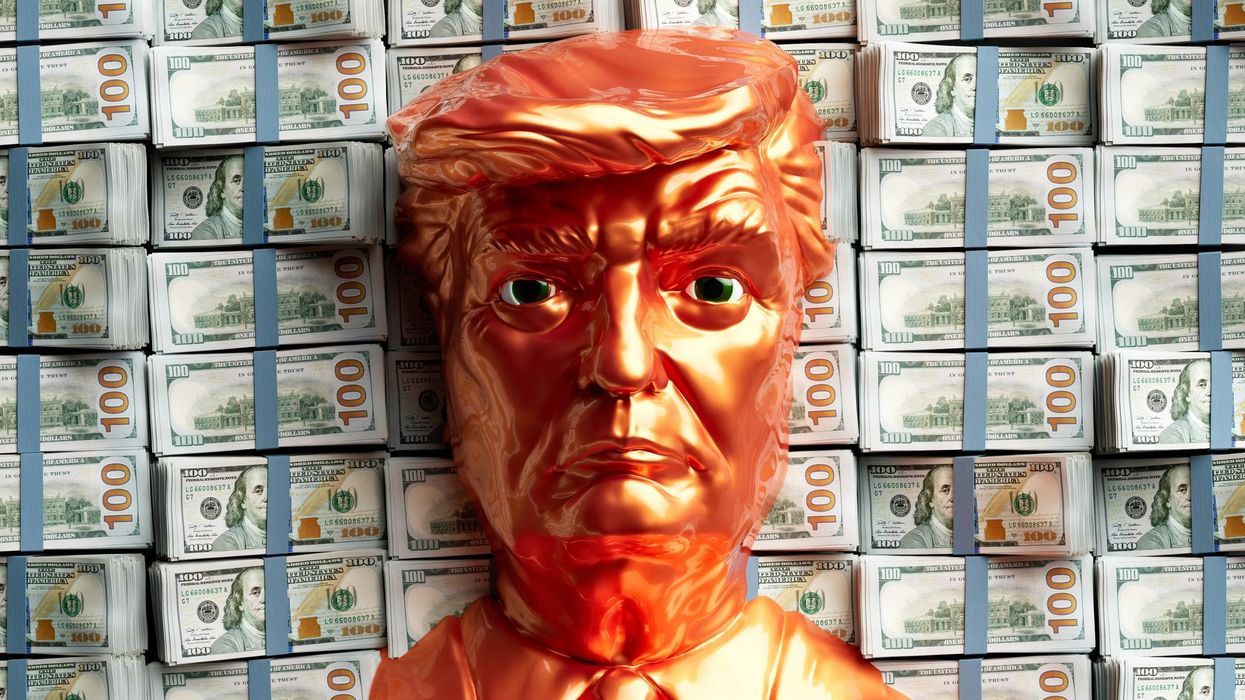


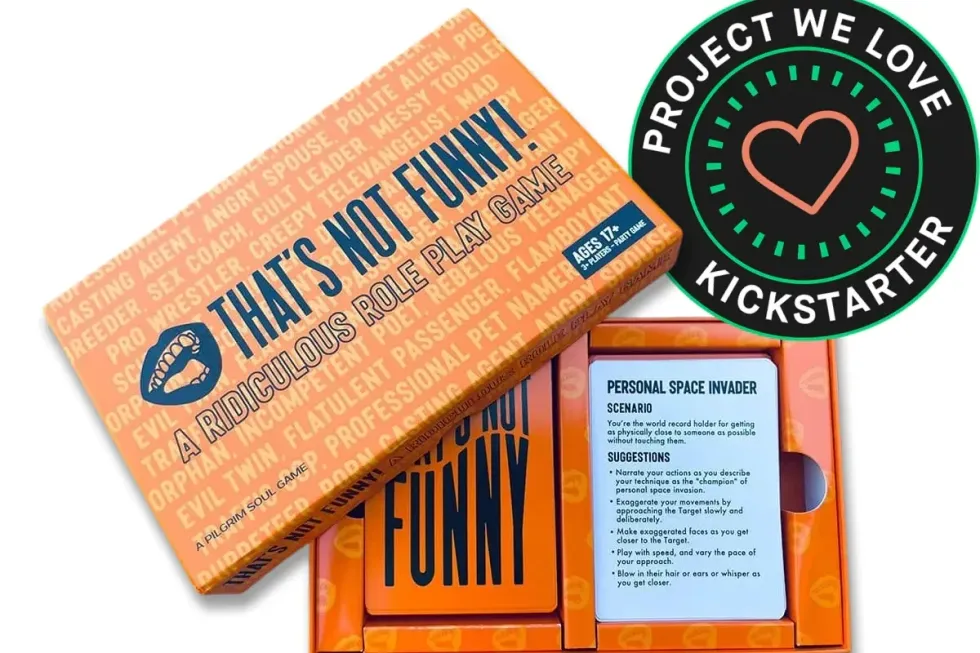
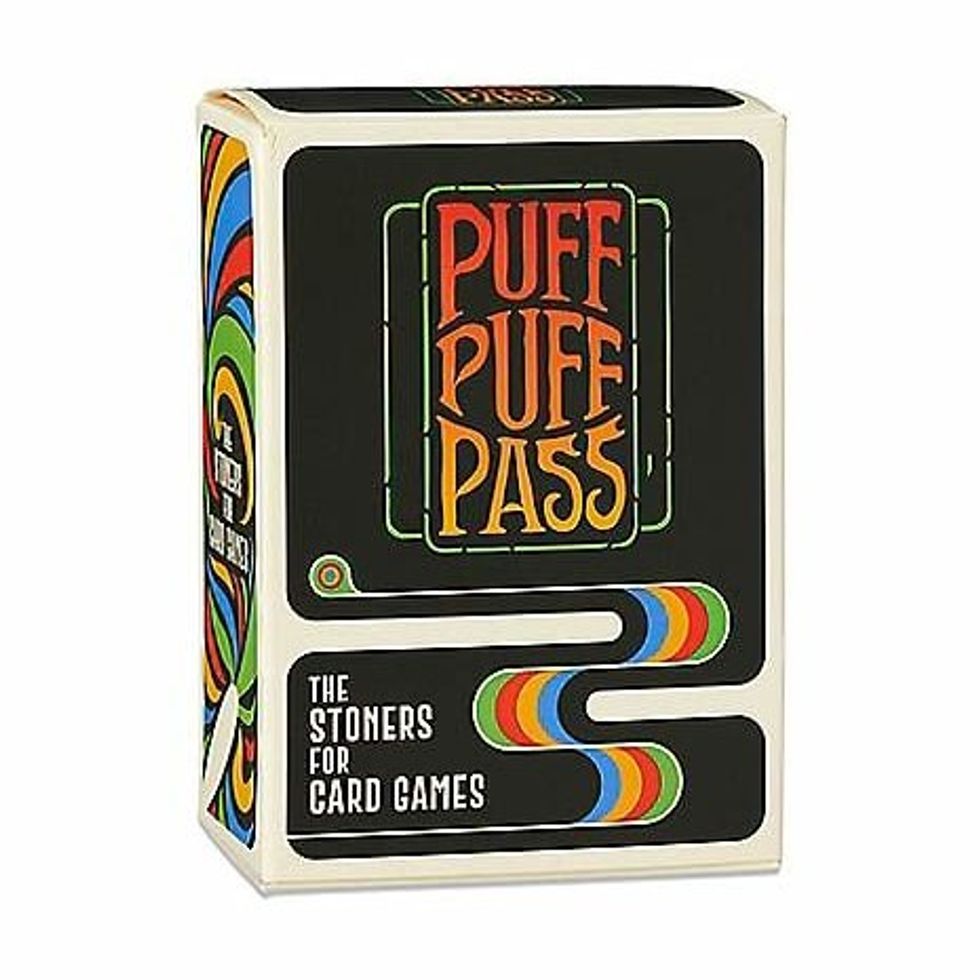

 Best Weed Smoking Games to Try - Jammin'
Best Weed Smoking Games to Try - Jammin'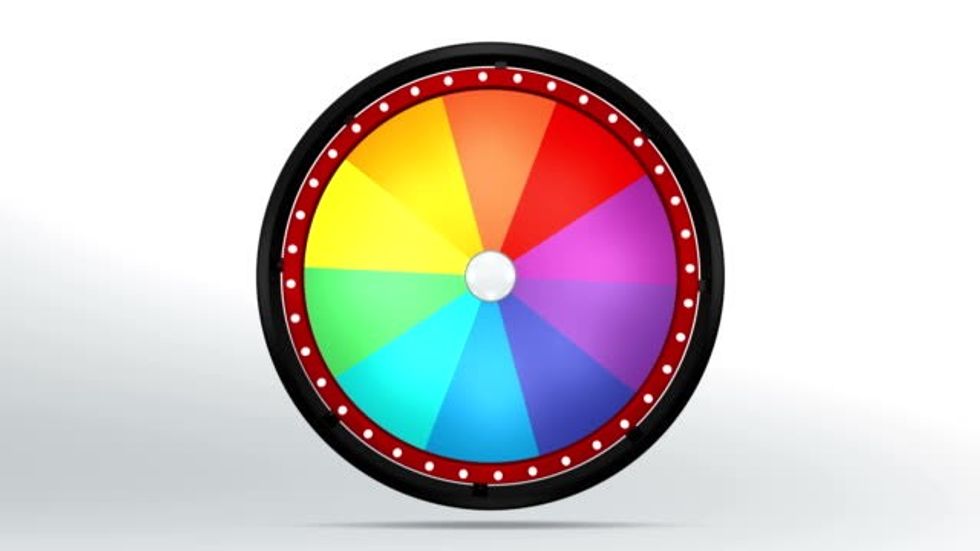 The 31 Best Weed Smoking Games To Try
The 31 Best Weed Smoking Games To Try The Best Weed Smoking Games
The Best Weed Smoking Games The Best Weed Smoking Games to Try
The Best Weed Smoking Games to Try
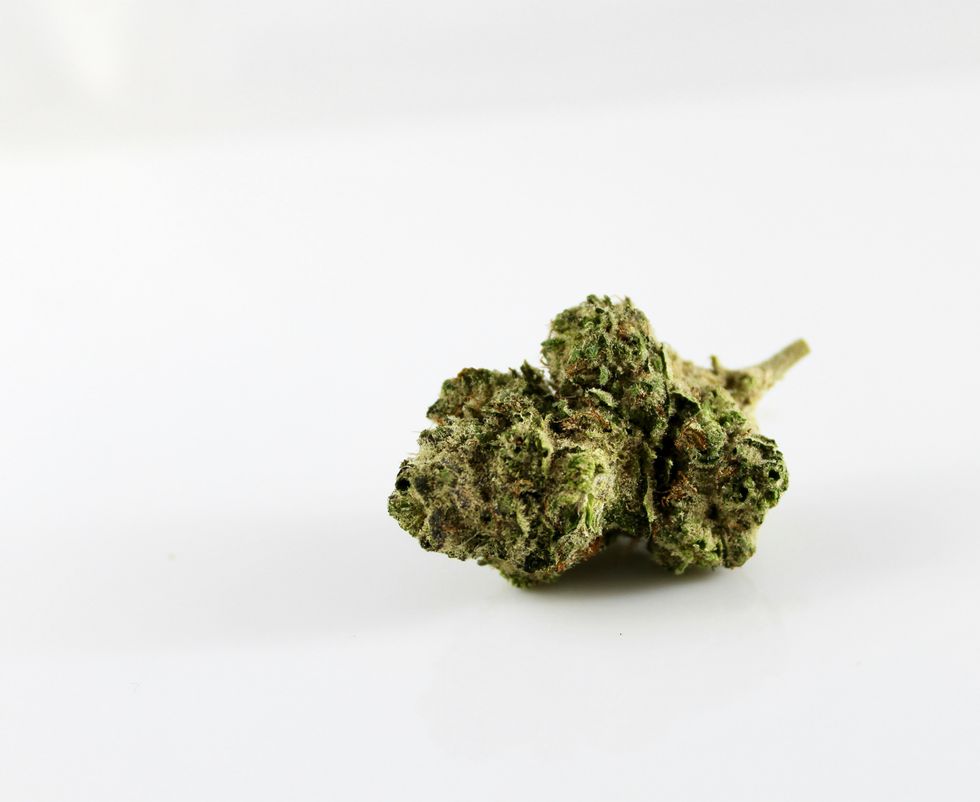
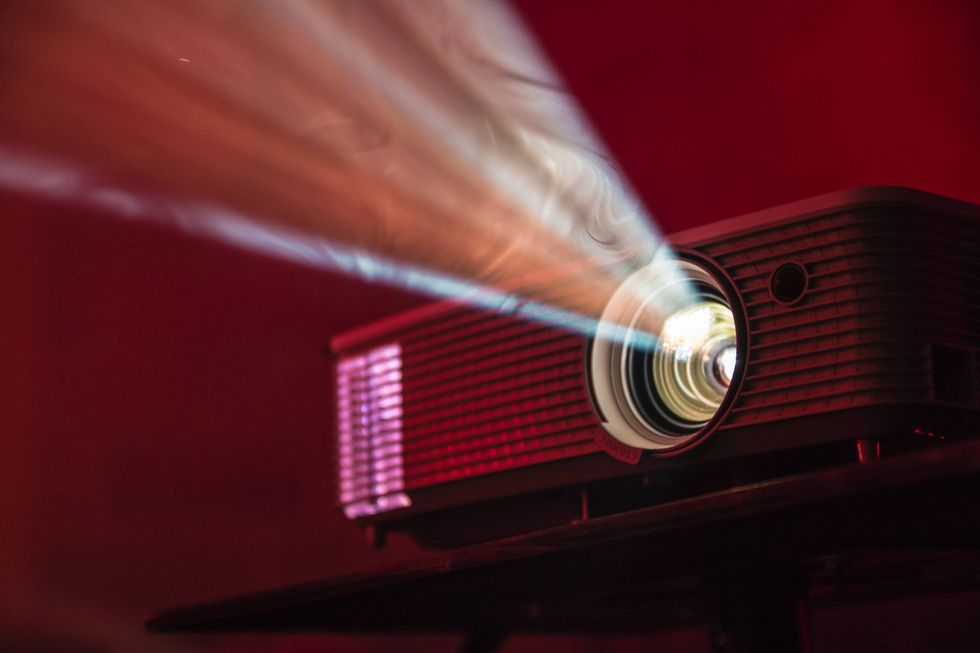 Stoner Games - Games to Play While High
Stoner Games - Games to Play While High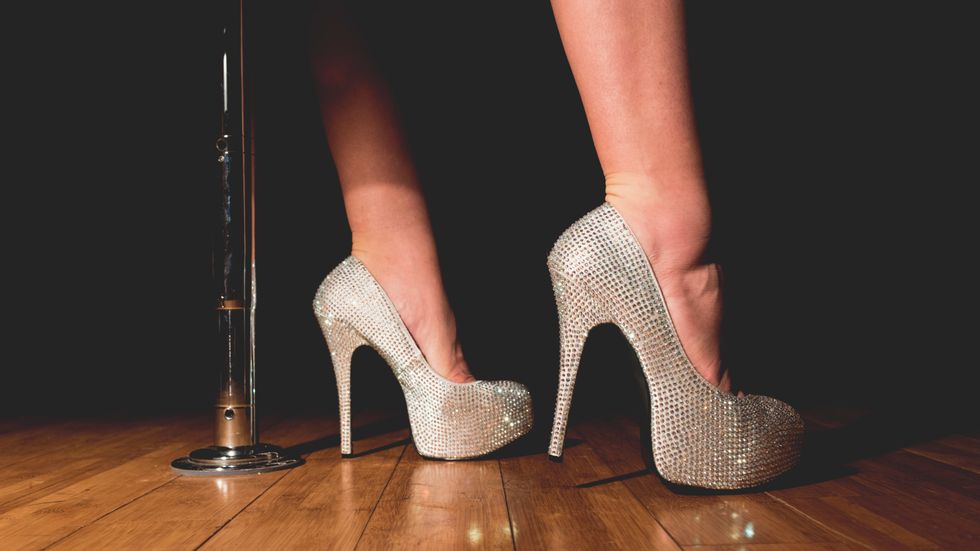 The Best Weed Smoking Games to Play
The Best Weed Smoking Games to Play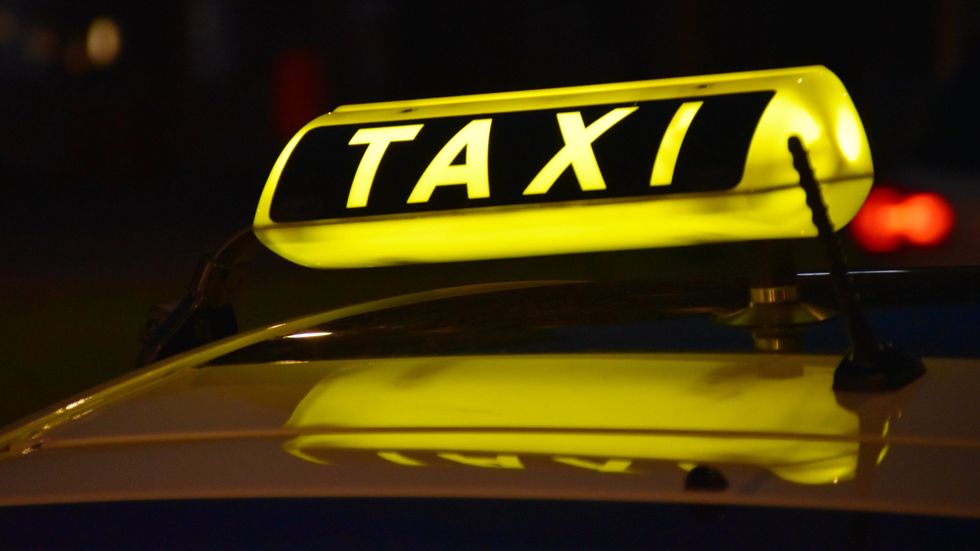 The Best Weed Smoking Games to Try
The Best Weed Smoking Games to Try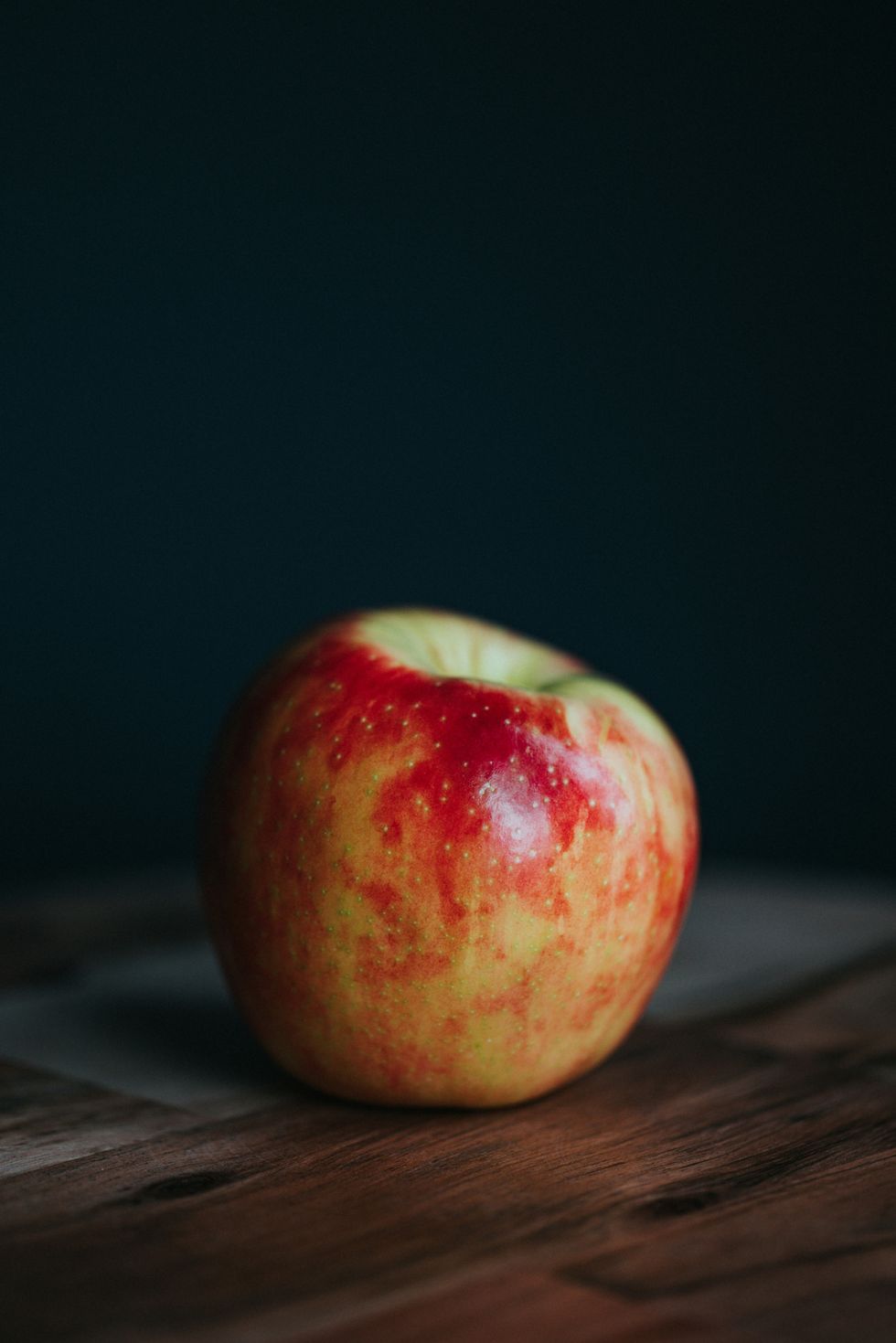
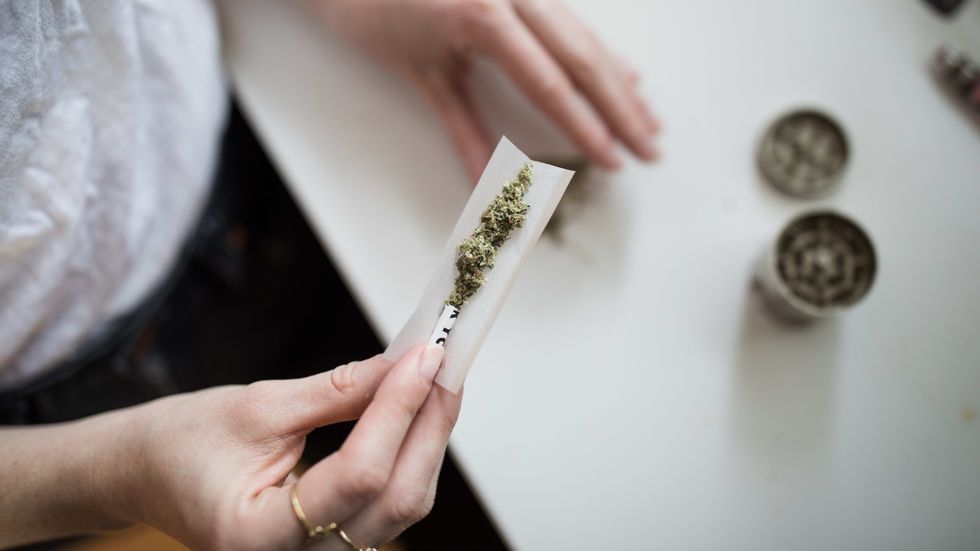 The Best Weed Smoking Games to Try
The Best Weed Smoking Games to Try
 The Best Weed Smoking Games to Play
The Best Weed Smoking Games to Play The Best Weed Games to Play
The Best Weed Games to Play The Best Weed Smoking Games to Try
The Best Weed Smoking Games to Try The Best Weed Smoking Games to Play
The Best Weed Smoking Games to Play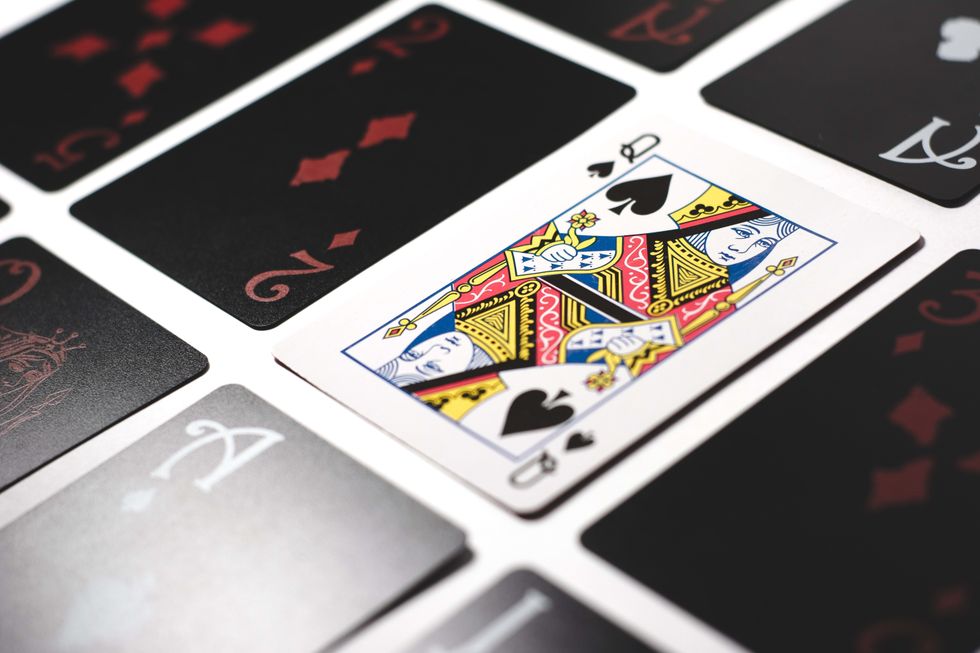 The Best Weed Smoking Games to Try
The Best Weed Smoking Games to Try Games for Stoners
Games for Stoners 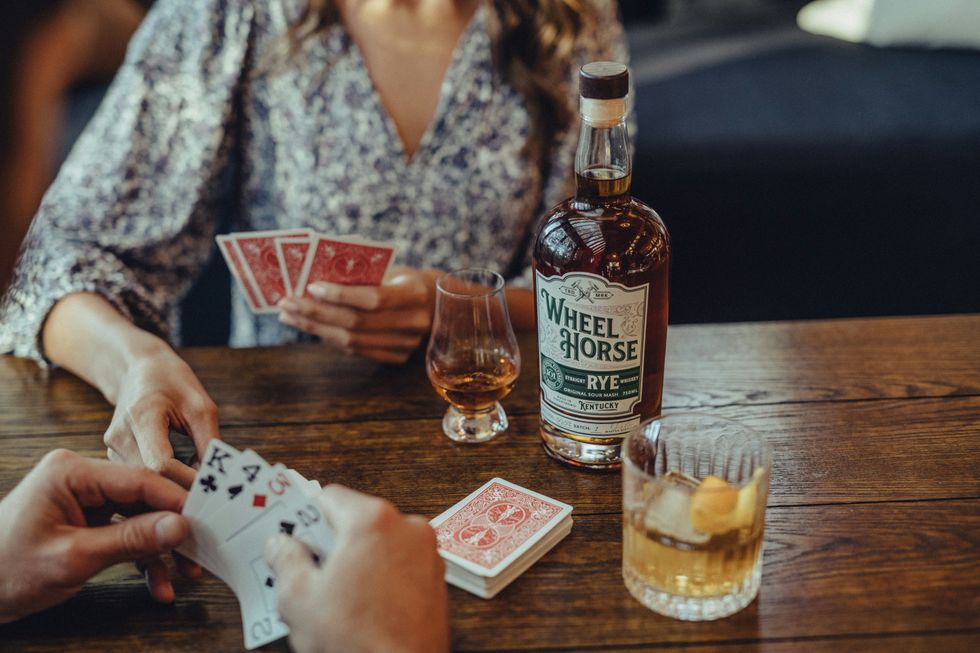 woman in white and blue floral shirt sitting beside woman in white and black floral shirtPhoto by
woman in white and blue floral shirt sitting beside woman in white and black floral shirtPhoto by 
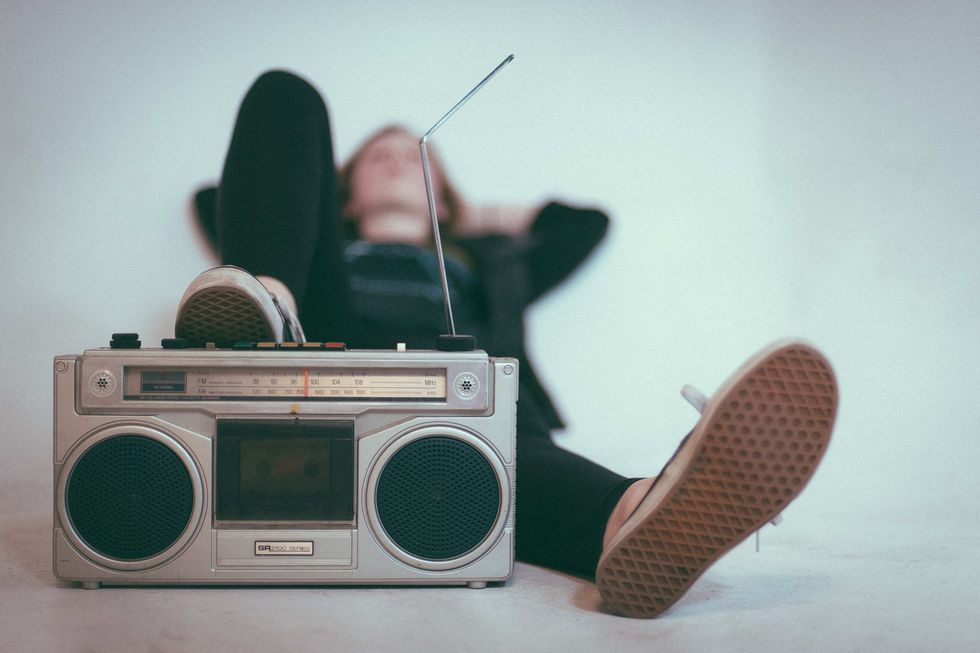 The Best Weed Smoking Games to Play
The Best Weed Smoking Games to Play
 The Best Weed Smoking Games to Try
The Best Weed Smoking Games to Try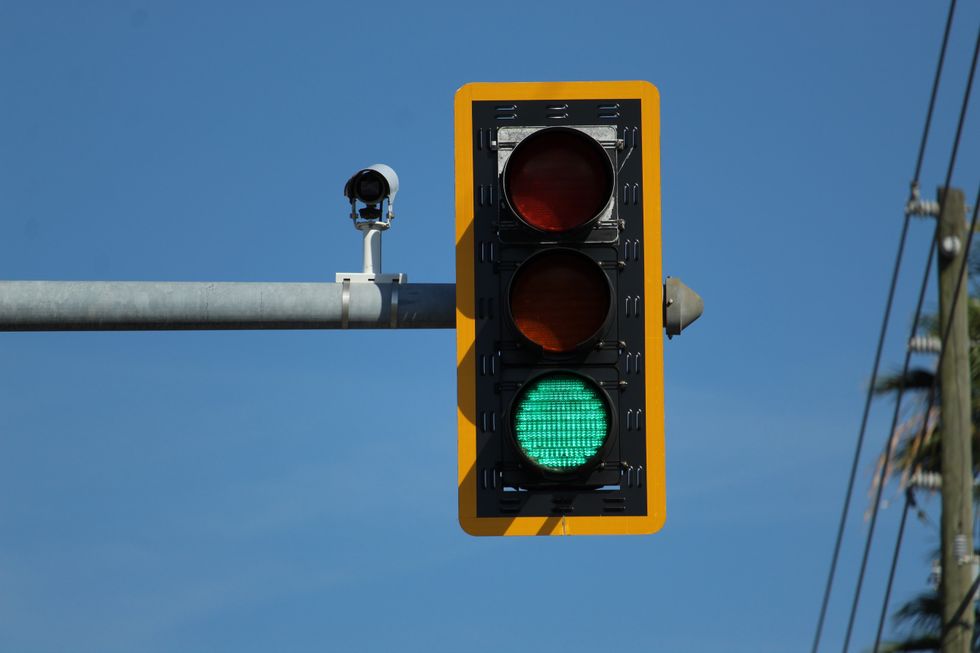 The Best Weed Smoking Games to Try
The Best Weed Smoking Games to Try world map with pinsPhoto by
world map with pinsPhoto by 
 The Best Weed Smoking Games to Try
The Best Weed Smoking Games to Try





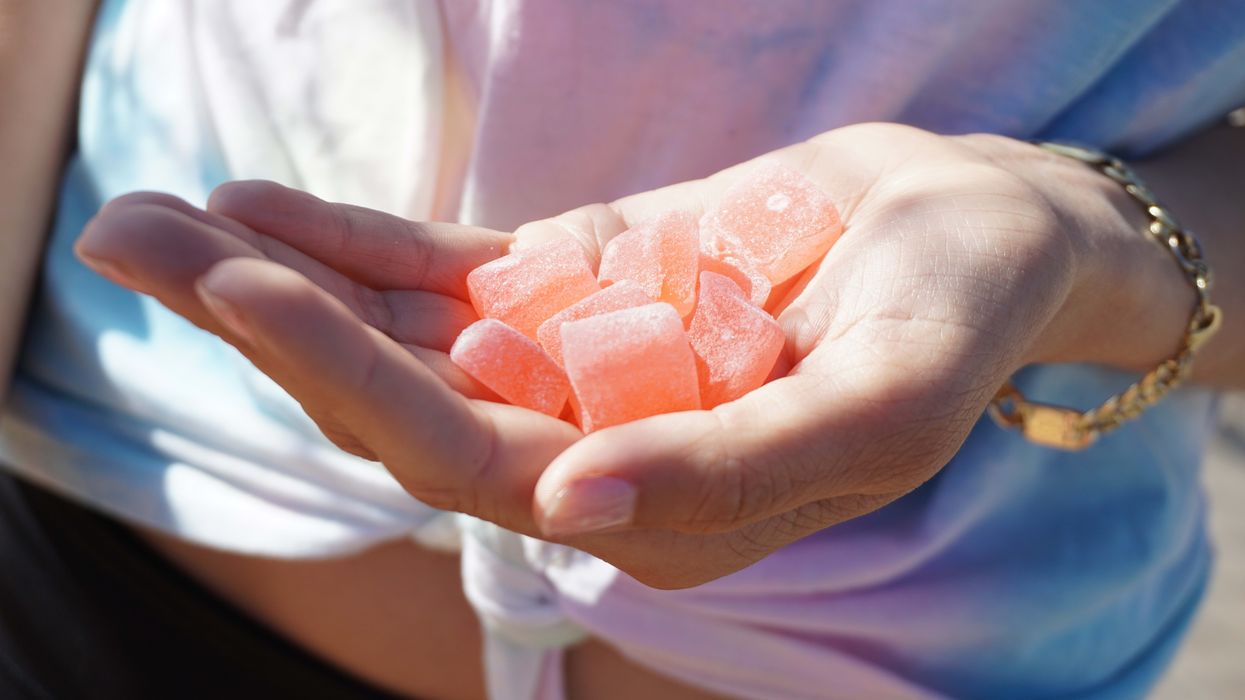
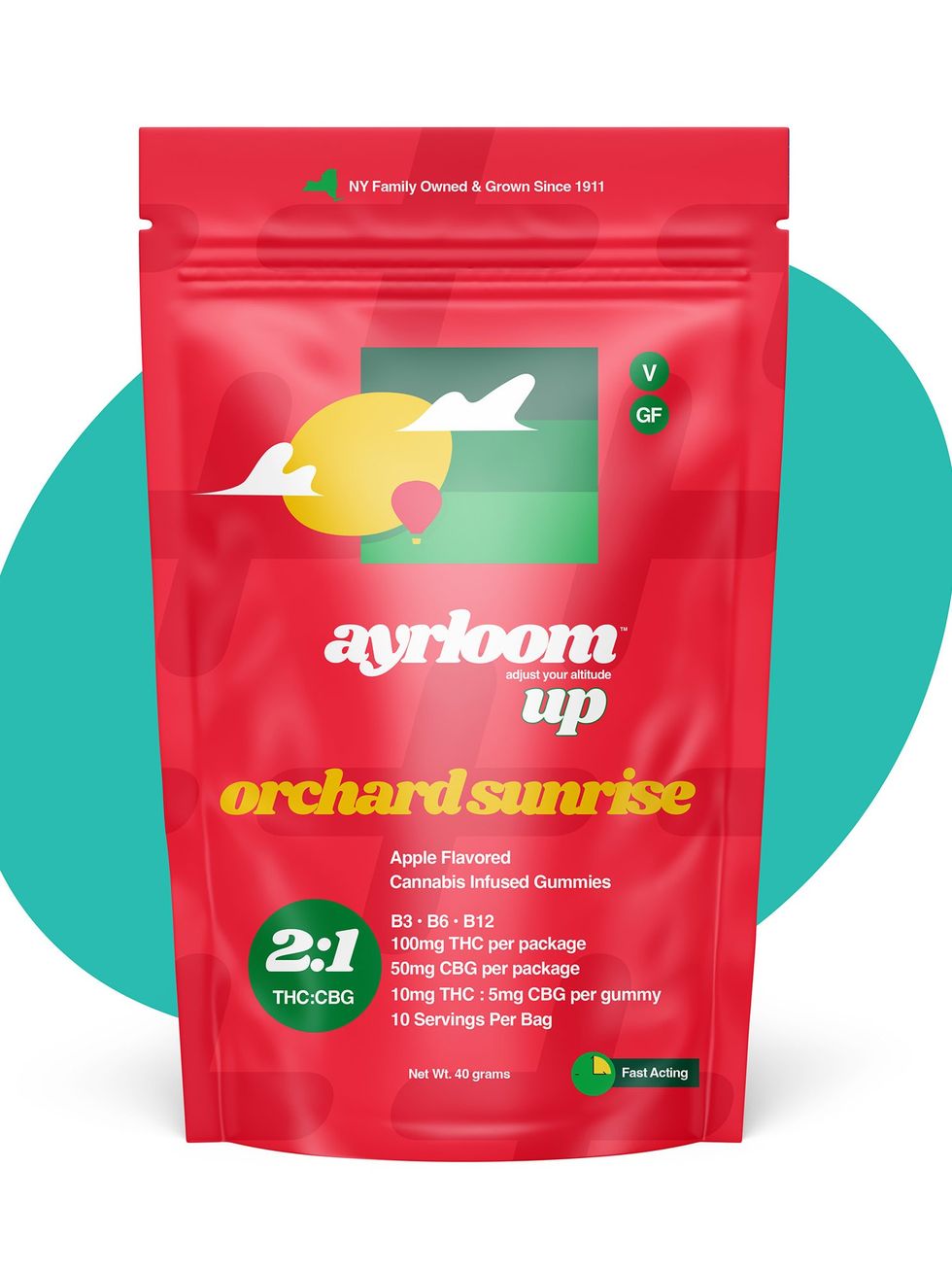 Ayrloom Orchard Sunrise Cannabis Infused Gummies
Ayrloom Orchard Sunrise Cannabis Infused Gummies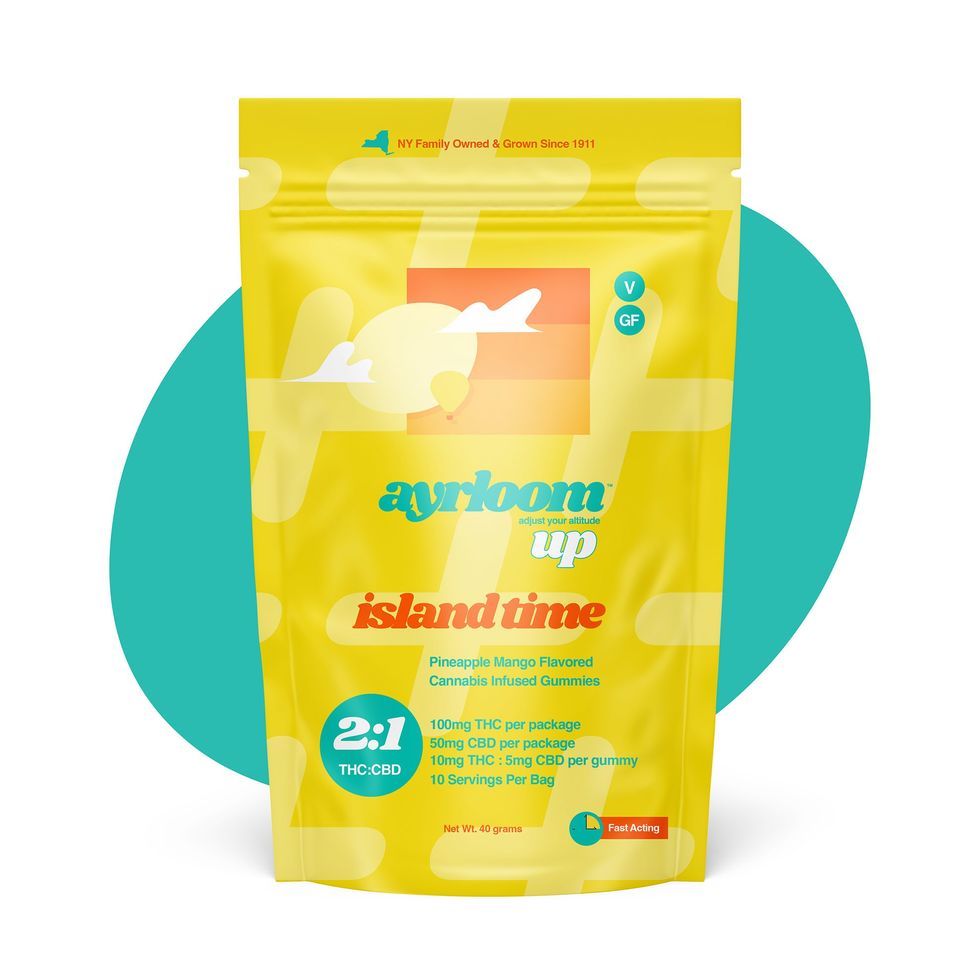 Ayrloom Island Time THC Gummies - Pineapple Mango Flavor
Ayrloom Island Time THC Gummies - Pineapple Mango Flavor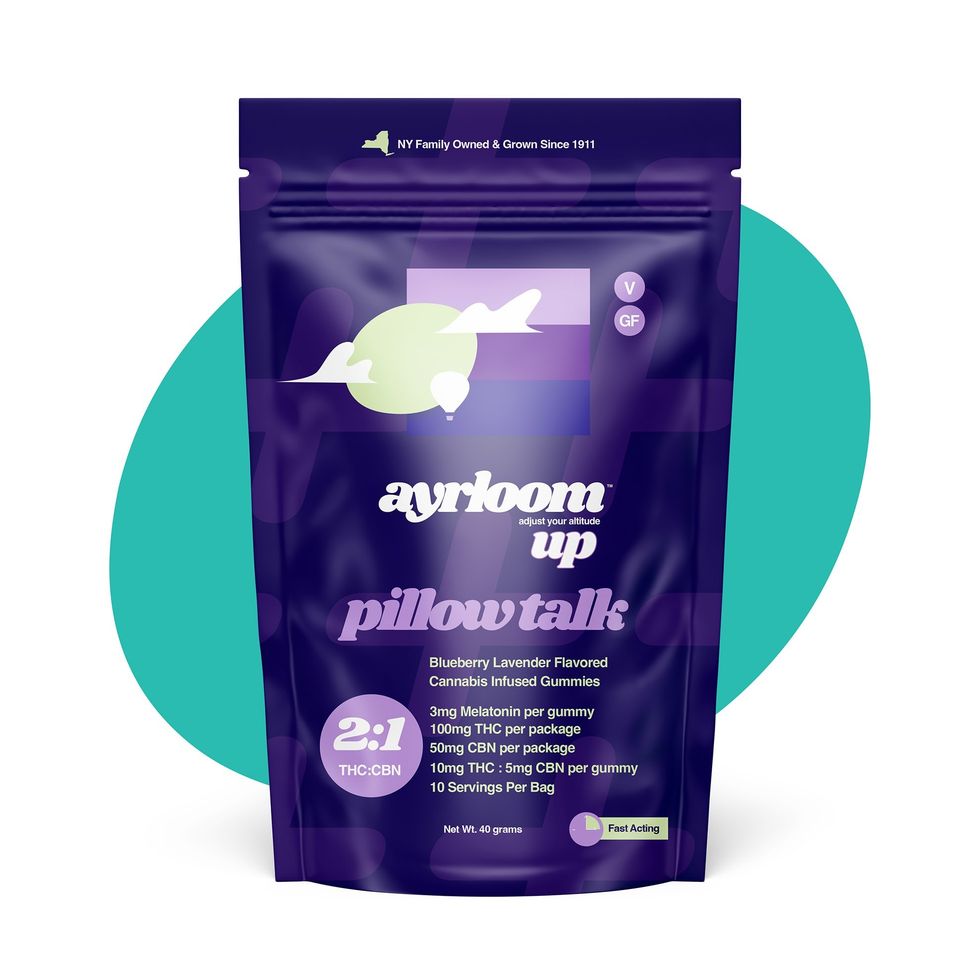 Ayrloom Pillow Talk - Sleep Gummies
Ayrloom Pillow Talk - Sleep Gummies 
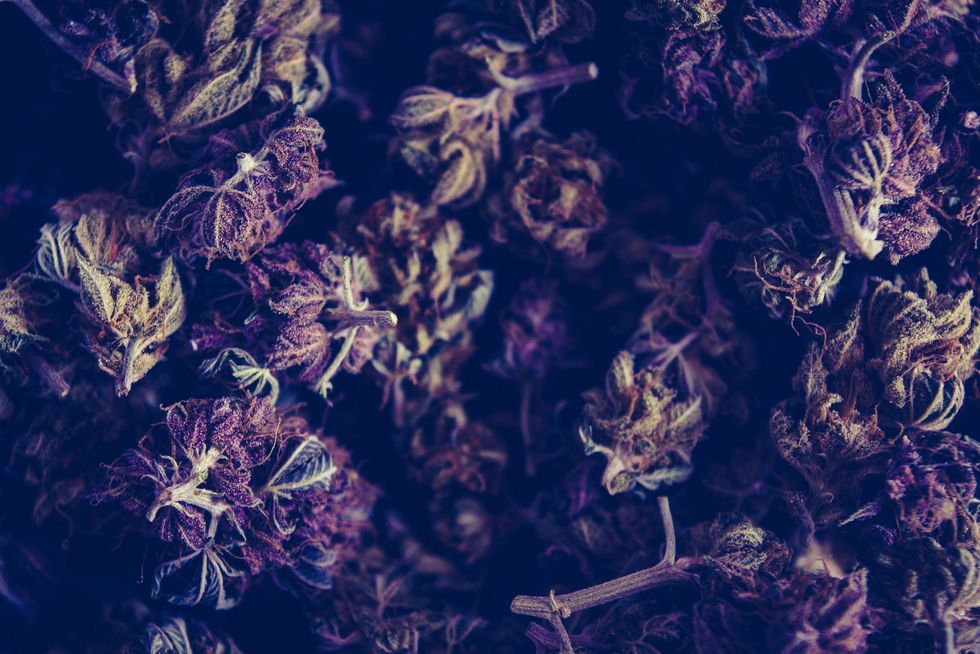 What is reggie weed? - The Bluntness
Photo by
What is reggie weed? - The Bluntness
Photo by 
 What will you do with that cannabis kief collection? - Make Coffee! The Bluntness
What will you do with that cannabis kief collection? - Make Coffee! The Bluntness DIY: How to Make Kief Coffee - The Bluntness
Photo by
DIY: How to Make Kief Coffee - The Bluntness
Photo by 
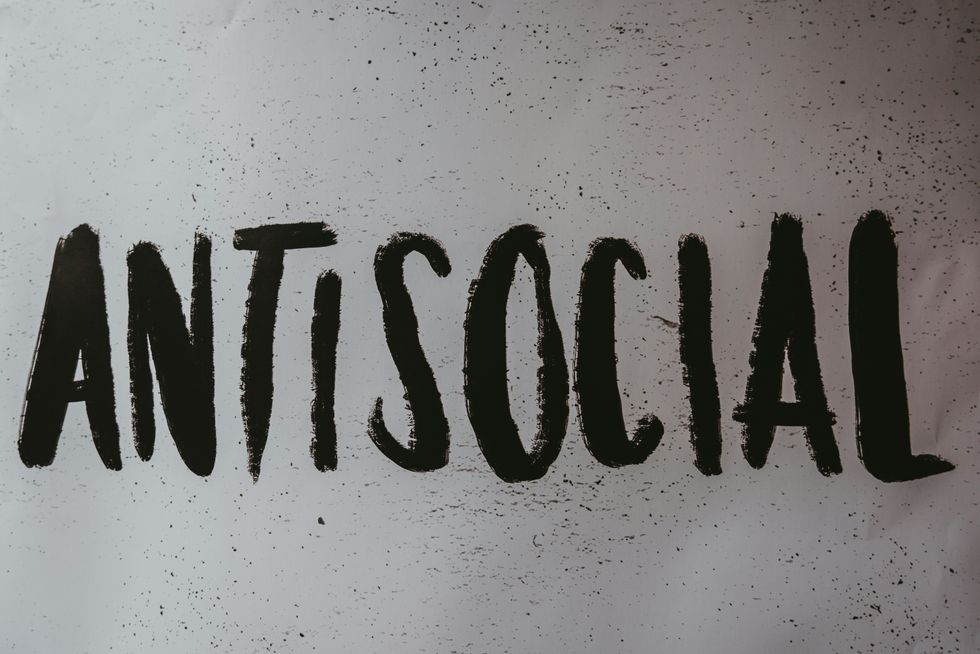 Recognizing the Signs of Antisocial Behaviors - The Bluntness
Photo by
Recognizing the Signs of Antisocial Behaviors - The Bluntness
Photo by  Weed Makes Me Antisocial: What To Do - The Bluntness
Photo by
Weed Makes Me Antisocial: What To Do - The Bluntness
Photo by